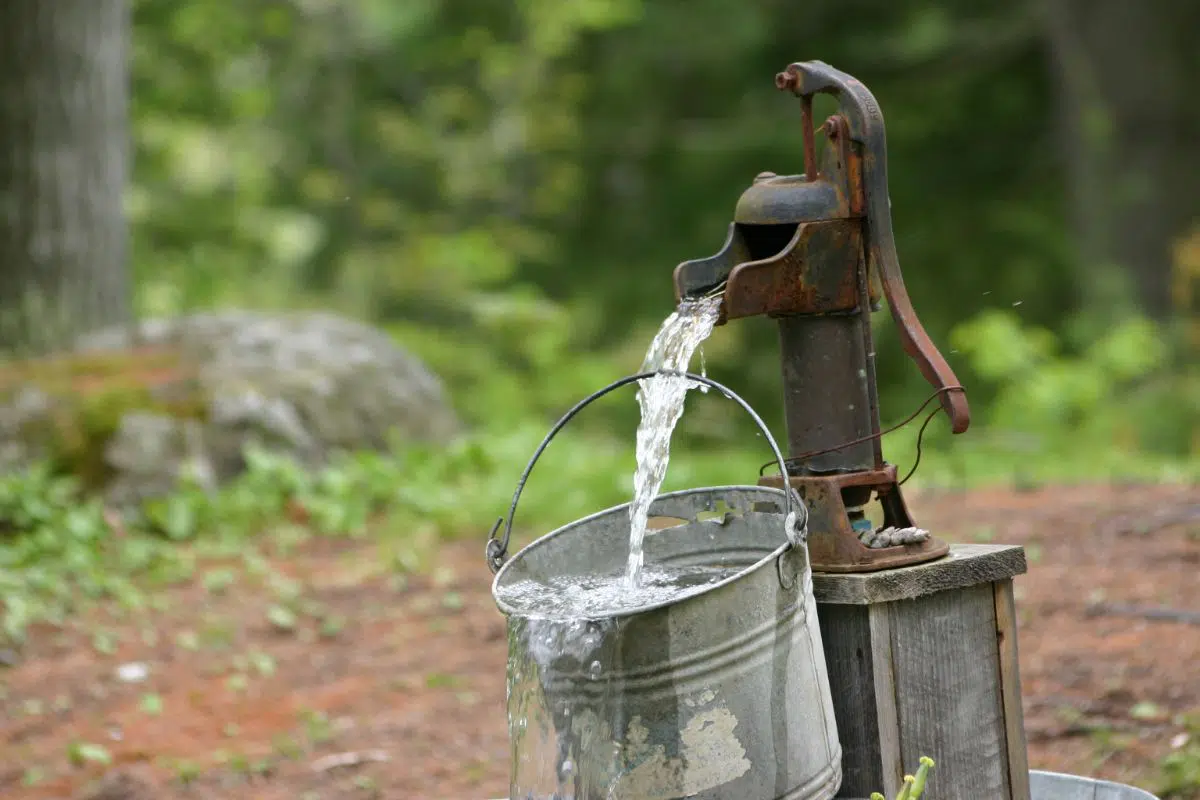Shared water wells are the sole source of water for many rural property owners in Arizona. Since Arizona classifies most shared wells as “exempt” wells, which means they are unregulated by the state, homeowners on shared wells are responsible for the management of their water supply.
Shared well agreements are appropriate to serve up to 14 service connections or up to 24 residents in an area. Wells that serve 15 or more service connections, or that serve 25 or more residents, are considered to be a community water system and are subject to state water quality standards and more stringent reporting requirements.
While Arizona’s Groundwater Management Act governs how a shared well is to be drilled and located, Arizona water law does not govern the operation or management of a shared well agreement, which are considered to be private contracts. This is why it is important for property owners sharing a water well to have a legally enforceable agreement that protects each owner’s interest and ensures fair access and cost-sharing.
Elements of a Shared Well Agreement
A shared well agreement is basically a combination of easements, which allows access to the well for maintenance and repairs, and covenants, which spell out the contractual terms. A properly executed shared well agreement will include, among other things:
- A full legal description of the well site, easements, and all parcels sharing the well.
- Survey map (drawing or graphic showing the impacted parcels with dimensions, well site, and easements), recorded as part of the well agreement or as a separate document.
- How maintenance costs and responsibilities are to be shared among owners.
- Whether the agreement applies only to specified owners or is tied to the property regardless of ownership.
The agreement should be tailored specifically for the well that is being shared, with easements described for the properties that must have water line access to it. The agreement must also be filed with the county recorder to ensure it is publicly available for future buyers of the property.
In Arizona, water only becomes private property once it is legally captured from a registered well and is then subject to the terms of the shared well agreement. If you have an issue with an existing shared well agreement or need to create a shared well agreement, we can help.
Our real estate attorneys represent parties on either side of real estate and financing transactions, including buyers, sellers, landlords, tenants, lenders, borrowers, trustees, guarantors, shareholders, partners, and others. We advise, structure, negotiate, and document a variety of real estate and financing transactions, including leases, purchase and sale agreements, financing agreements, and development agreements for a variety of commercial and residential projects. Contact us today and learn how we can help.


